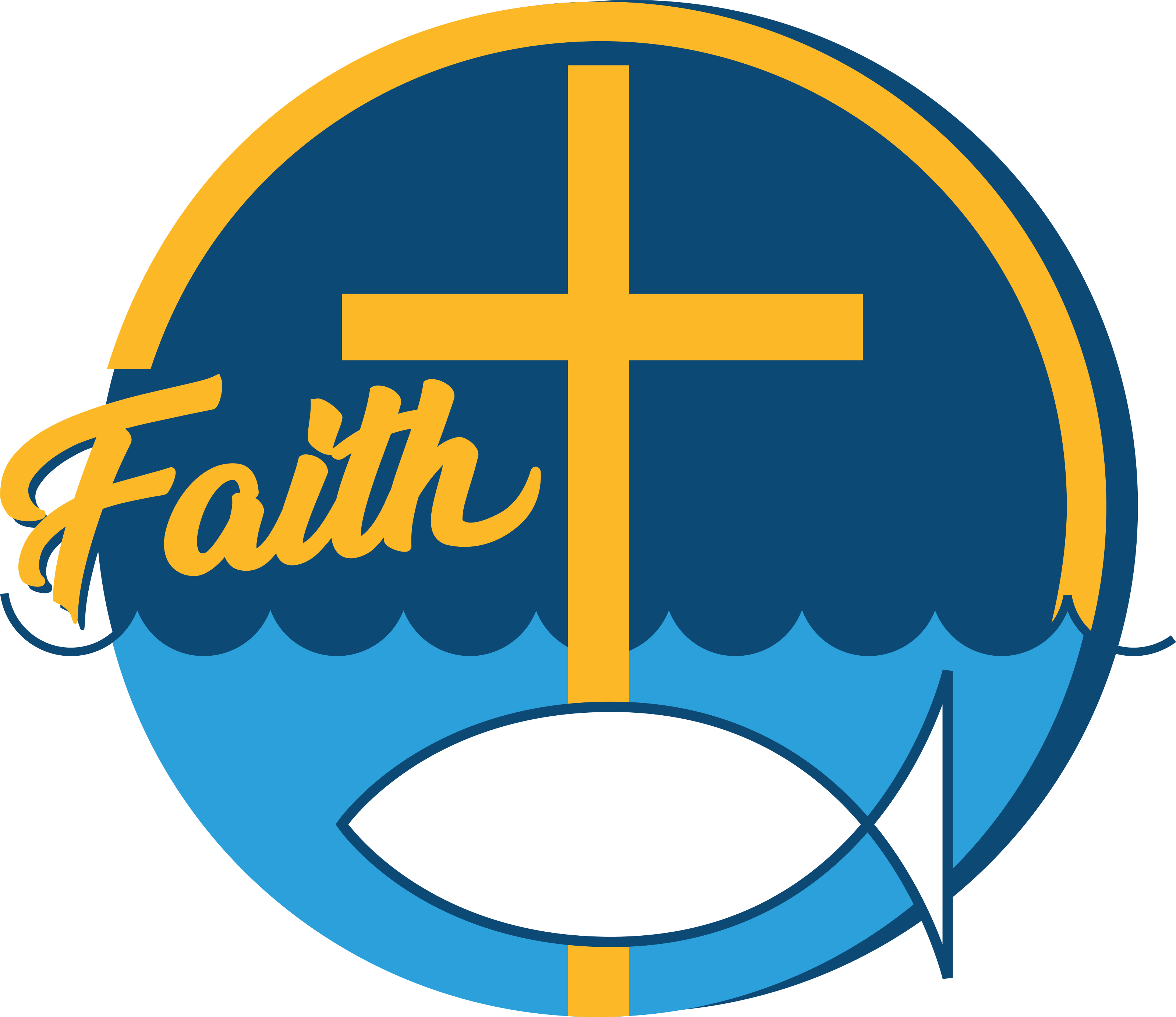Year 3
Trust in the Lord with all your heart; do not depend on your own understanding. Seek his will in all you do, and he will show you which path to take.
- Proverbs 3:5-6
Christian Studies
Students explore and report on Christian beliefs about the nature of God as Father, Son and Holy Spirit. A variety of songs, prayers and creeds are focused on, the most relevant being ‘The Apostles Creed’. During Lent and Easter, they investigate and evaluate the significance of Jesus Christ, His Life, Death and Resurrection. Furthermore, students recognise and analyse biblical textual features and investigate the purpose of the Bible and its cultural and historical contents. They also learn about God’s amazing grace that shines through in the parables Jesus told. The Holy Spirit brings people to Faith in Jesus and the power of the spirit produces fruit. Students explore ‘The Fruit of the Spirit’ – love, joy, peace, patience, kindness, goodness, faithfulness, gentleness and self-control.
Mathematics
Mathematics skills are taught through the use of a variety of concrete materials and applied in real life situations where applicable. Students focus on addition and subtraction, multiplication and division number facts, including regrouping, fractions, picture graphs, naming shapes, identifying and adding change, telling time on the hour, half and quarter hours, using a calendar to identify dates and using litres to measure capacity. Students are given opportunities to use equipment including money, scales and water tables. These and other problem solving activities encourage students to apply their knowledge and skills to reinforce the ways in which Mathematics is used in real life.
Integrated Unit Term 1
This integrated unit develops a greater awareness of who we are as Australians. There is a focus on the uniqueness of Australia and the history and diversity of lifestyles of Aboriginal and Torres Strait Islander people. Students identify how people, characters, places, events and things are represented in texts, including Aboriginal and Torres Strait Islander texts. They also use their imagination and creativity to interpret and construct English texts that share ideas about their experiences, and make sense of familiar topics in real and imagined worlds.
N.B. Students will attend a school camp at Kindilan Outdoor Education Centre for one night and two days.
Integrated Unit Term 2
This integrated unit, ‘What’s Out There?’ focuses on the phases of the moon, earth, solar system, the universe and changing weather patterns. In order to gain this knowledge, the students will be immersed in a variety of different learning styles and activities, which cover Science, English, Technology and Visual Arts.
As a homework task, the students will be presented with a number of activities based on space following the multiple intelligences theory. They are to choose two of these and showcase what they have developed through an oral presentation.
N.B. Students will also go on an excursion to further their knowledge on the universe.
Integrated Unit Term 3
Students will deconstruct traditional tales to gain an understanding of structure, themes and purposes in this narrative genre. They will look at how culture influences traditional tales and will reflect on Asian cultures and traditions from the past and present. The unit will culminate in a stage performance by the students of a Traditional Tale.
Integrated Unit Term 4
Students investigate how we live responsibly in our environment. They explore living and non living organisms with a particular focus on invertebrates. The students will be involved in designing, creating and using a mini-beast home so they can observe their chosen invertebrate. In information technology, the students will be involved in interactive websites on Minibeasts (including identification, classification and sorting using web tools) via the Internet. Integrated with this will be the novel Charlotte’s Web.


